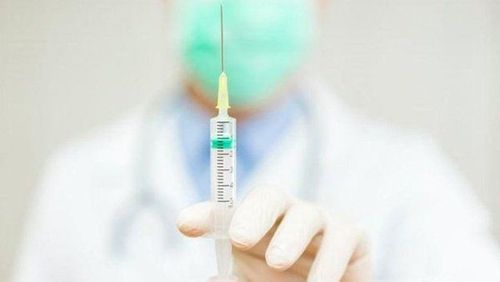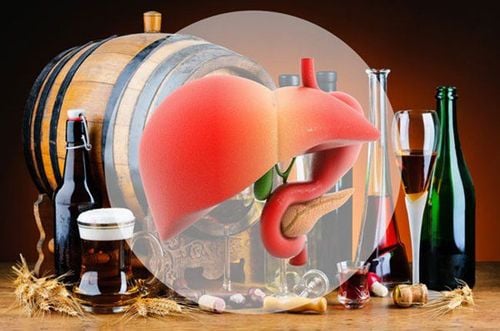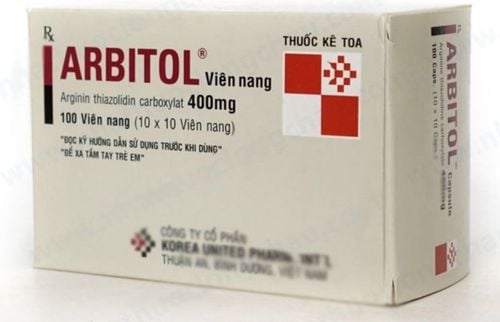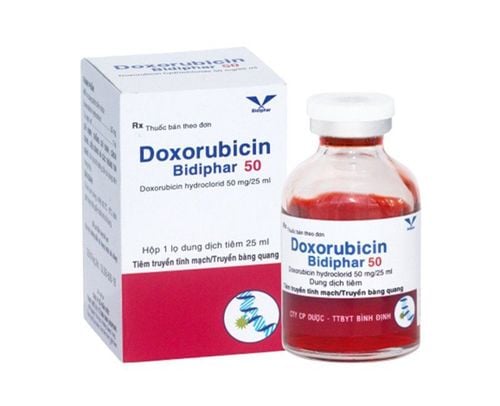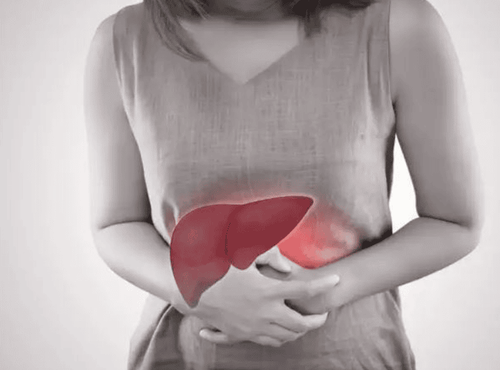This is an automatically translated article.
The article was professionally consulted by Specialist Doctor I Vo Thi Thuy Trang - Department of Medical Examination & Internal Medicine - Vinmec Da Nang International General Hospital.Fatty liver is a condition that occurs when fat accumulates in the liver more than 5% of its weight. Dietary changes are the first-line treatment for fatty liver. So what should people with mild fatty liver eat?
1. What is fatty liver?
The liver is a large organ in the body, helping to process nutrients from food and filter harmful substances from your blood. Fatty liver occurs when fat builds up in the liver. Having a small amount of fat in the liver is normal, but too much can become a health problem. Fatty liver disease damages the liver, preventing it from removing toxins and producing bile for the digestive system. When the liver is unable to perform these tasks efficiently, it puts a person at risk for other medical conditions. Fatty liver can lead to hepatitis, liver damage and scarring. In severe cases, this scarring can lead to liver failure.There are two types of fatty liver disease: alcoholic fatty liver disease and non-alcoholic fatty liver disease. Pregnancy can also cause fatty liver disease.
In many cases, fatty liver does not cause noticeable symptoms. But some patients may feel tired or experience discomfort or pain in the upper right side of the abdomen.
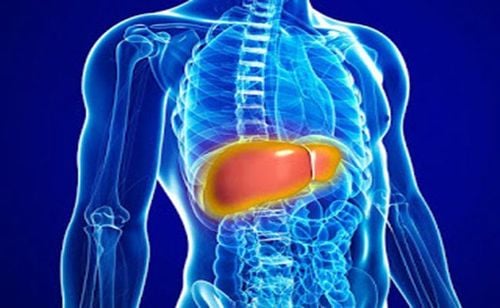
Gan nhiễm mỡ trong trường hợp nghiêm trọng dẫn đến suy gan
2. Mild fatty liver what to eat?
For mild cases of fatty liver, dietary changes and regular exercise are important ways to control the disease. However, some people may need to see a doctor for further treatment.Here are the foods you should avoid or limit if you have fatty liver disease. These foods often contribute to weight gain and blood sugar spikes:
Sugar, added sugars: Added sugars contribute to blood sugar spikes and may increase fat in the liver. Manufacturers often add sugar to candy, ice cream, and sweetened beverages, such as soda and juice. Added sugars are also found in packaged foods, baked goods, and even store-bought coffee and tea. Avoiding other sugars, such as fructose and corn syrup, can also help minimize fat in the liver. Alcohol: Alcohol is the most common cause of fatty liver disease. Alcohol affects the liver, contributing to fatty liver disease and other liver diseases, such as cirrhosis. A person with fatty liver disease should reduce alcohol intake or eliminate it completely from the diet. Processed and refined grains are present in white bread, white pasta, and white rice. Manufacturers have removed fiber from these highly processed grains, which can spike blood sugar as the body breaks them down. A 2015 study of 73 adults with non-alcoholic fatty liver disease found that those who consumed less refined grains had a lower risk of metabolic syndrome - a group of risk factors that increase the likelihood of developing metabolic syndrome. risk of heart disease and stroke. People can easily replace refined grains with potatoes, legumes, or whole wheat and grains instead.

Rượu là nguyên nhân phổ biến nhất của bệnh gan nhiễm mỡ
In order to help customers detect and treat fatty liver early, Vinmec International Hospital now has Hepatobiliary Screening Packages performed by a team of highly qualified and experienced doctors in the field. Screening for liver disease with the support of modern medical equipment and facilities will help accurately identify liver-related problems.
Hepatobiliary screening package helps customers:
Assess the liver's ability to work through liver enzyme tests; Evaluation of bile function; vascular nutrition; Early screening for liver cancer; Performing tests such as Total blood cell analysis, blood clotting ability, screening for hepatitis B, C; Assessment of hepatobiliary status through ultrasound images and diseases that have the potential to affect liver disease/exacerbation of liver disease; In-depth analysis of parameters to evaluate hepatobiliary function through laboratory and subclinical tests; the risk of affecting the liver and early screening for hepatobiliary cancer. To register for hepatobiliary examination and screening at Vinmec International General Hospital, you can contact Vinmec Health System nationwide, or register online HERE.




